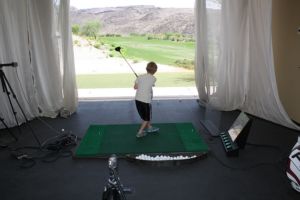Comparatives are what we use to compare quantity by way of increase or decrease. Depending on the length of the word there are rules as to what happens to the adjective which we will look at below:

Most one syllable words
We add ‘er’:
Cold – colder
Hot – hotter
Big – bigger
Small – smaller
Whilst it is possible to say more/less cold, it is more common and ‘good practise’ to use the ‘er’ option.
_____

‘Good practise’
In this context ‘good practise’ is a technique which is accepted as a good standard for doing something.
It is good practise to wash your hands frequently.
It is good practise to pay bills on time.
It is good practise to check oil and water in the car frequently.
_____
One syllable adjectives ending in ‘y’
For increases we swap ‘y’ for ‘ier.
Easy – easier
Lazy – lazier
Creamy – creamier
Lucky – luckier
For decreases we use the basic adjective and add less:
Less easy
Less lazy
Less creamy
Less lucky
Adjectives with 3 syllables or more
We add more/less:
Organised
Incentivised
Obligated
good and bad

These are ‘exceptions’ to the rule:
Good – better
My brother is good at football but I am better then him.
Bad – worse
Yesterday was worse than today
Note that is something is worse, this suggests that something was bad already.
I don’t like either but this one is worse!
I don’t know who is worse him or you. (you are both bad)
__________________
When comparing, we may need to add ‘than’.
I am bigger than you.
She is older than him.
Their car is faster than ours.
When things are the same
we can use ‘as’
That building is as tall as the other
We are as tall as one another.
They are as interested as the others
___________________
Online classes
We teach general, conversational, legal and business English to people of all levels. All classes are provided by a qualified British English teacher.

